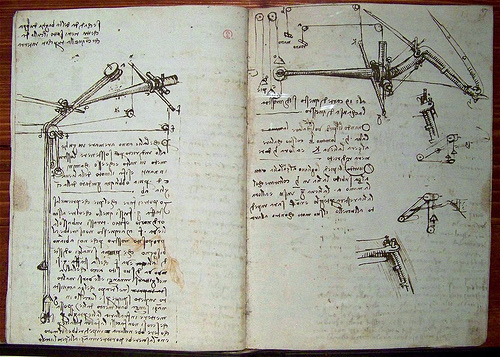
After I was elected on the school board, a principal introduced me to a middle school math teacher whose students had averaged 98% advanced or proficiency in Algebra 1 over the past three years.
“Wow! How did you do that?” I exclaimed. “Is there something special in your teaching technique?” Obviously, this teacher knew her subject. So do many teachers, but without achieving these results.
“I care for my students,” she responded.
Okay. Yes, caring does have a lot to do with a teacher’s success. We wrote a blog about it called We MUST Engage Our Kids. Caring was one of four ways that we suggested. But 98% advanced? Can “caring” account for that kind of success? After I pressed for more information, this teacher finally revealed that somehow she is can tell if her students understand her instruction or not. For instance, she will see a student sitting in the back row and know he has not done his homework simply by his facial expressions and body language. Her students were always amazed how she knew them so well.
I realized that this math teacher had a natural skill of observation. Is this something we learn or is it a talent that some of us have?
How to Become a Good Observer
I think it’s both. I’m convinced that becoming better at observation is something we can learn. Here’s why:
Years ago, when riding in the car with my six-year-old daughter, we played a game. We counted Volkswagen Beetles. Whenever we saw one, we would call out its color. The prize came from a black VW, which would earn us a cookie when we arrived at our destination. (a black VW bug was my first car, btw) At first, every week or so, we would spot a black VW, but then, gradually, they became more frequent to the point where I would spot one every day. Even now, I will notice them quite frequently. From this experience I realized that we are capable of training ourselves to become more observant. But what is the best way of doing this?
Keeping a Journal
I taught a class on creativity at a design college and researched how creative people work. More often than not, they kept journals. Andy Warhol kept one. So did Leonardo da Vinci. The Atlantic reported in 1995 that 3500 notebooks of Thomas Edison’s were discovered. “The notebooks are filled with fascinating observations and insights–many pertaining to unrelated projects, in a seeming free flow of associations.”
I met a historian who was reading the journals of Christopher Columbus. He told me that Columbus would write down every minute detail of what he saw and felt when he was at sea – the way the waves moved, the debris found in the water, the kind of birds and the direction they were flying, even how the air made his bones feel. It makes sense that Columbus, through his observations, had a hunch that if he sailed far enough west he wouldn’t fall off the earth, he would find land.
I required my students to keep a journal and write in it, and I encourage teachers to do the same. As I told my students, it doesn’t matter what you write as long as you do it consistently. I usually required at least two pages a day.
What to Write in your Journal
Use the pages to record things you see or have seen. It doesn’t matter what it is. Describe the ceiling in a coffee shop, the way your dog looks at you, the color and style of the shoes the person across the room is wearing, the clutter on your desk. Gradually, you’ll find yourself becoming more observant. Continue doing this, but turn your attention to your students: describe what they are wearing (tennis shoes, loafers, ironed or wrinkled shirts), how they sit at their desks (straight, slouching), their personality characteristics (outgoing, shy, teasing, cautious), how they speak up in class (confidently, timidly, arrogantly), and most important, their knowledge of the material and if and how they falter.
I suspect that you will start picking up subtle nuances in your students’ behavior and know intuitively if they are learning the material properly. If they don’t understand something, you’ll catch it right away and make the correction in your teaching.
I urge you to try it. Go to a stationary store and buy a nice notebook. Writing in it will take some discipline, and starting will be the first hurdle, but if you write every day, it will become a habit. Isn’t this what you require of your students – to study everyday?
If you do give this a try, please let us know how it goes. There is no science behind this idea – not that I know of – but I strongly believe that nurturing our skills in observation can increase our creativity and make us a better teachers.
